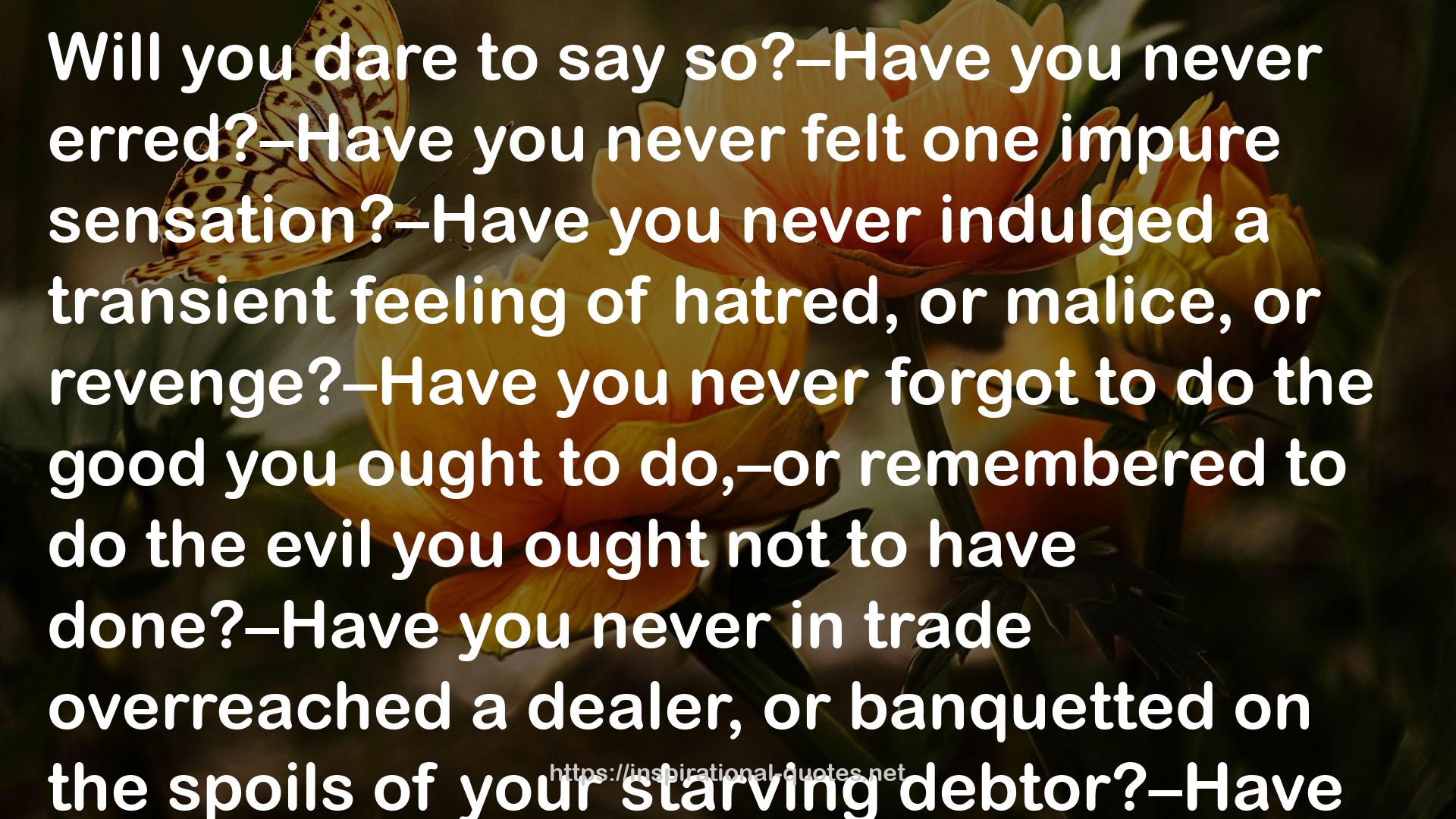Melmoth the Wanderer QUOTES
28 " reason, "
SOME WORKS
- The Effort
- Home Alone: A Neighbor’s Thoughts on Pete Buttigieg
- Dear Mother: Poems on the hot mess of motherhood
- Jesus and the Eightfold Path
- Judge Dee and the Limits of the Law (Judge Dee #1)
- Judge Dee and the Three Deaths of Count Werdenfels (Judge Dee #2)
- New Atlantis
- Unholy Land
- The Ascent to Godhood (Tensorate, #4)
- Buonanotte, signor Lenin

